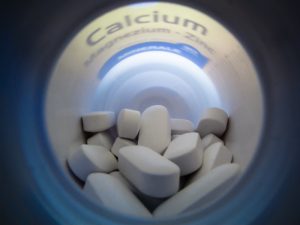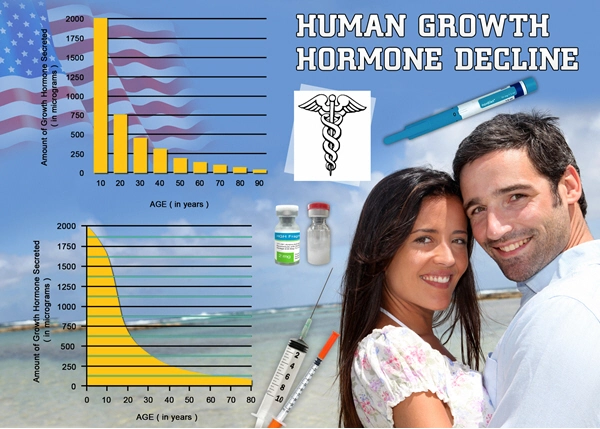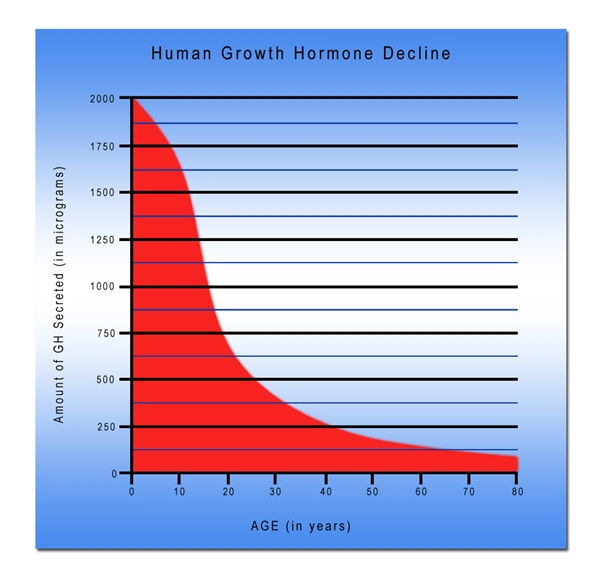
If you're on this website – an HGH website – you are probably interested in growing.
Growing your muscles, your muscle mass, your erections, or even your height.
Perhaps you have a child who was diagnosed with growth hormone deficiency, and they are considered short of stature.
In any case, recently, there has been a dialog regarding using calcium supplements to help patients grow taller. Specifically, how does calcium affect our height and bone growth?
Video Link: https://vimeo.com/431098820
Video Download: The Do S And Don Ts Of Calcium Supplements Can I Grow Taller
Video Stream: The Do S And Don Ts Of Calcium Supplements Can I Grow Taller
What is Calcium?
Calcium is actually the most abundant mineral in the human body. It is critical for bone health and growth; almost every living organism needs this mineral to survive. Our beautiful coral reefs? Composed of calcium carbonate.
The intricate seashells found at the beach? Composed of calcium carbonate. The Great Pyramid of Giza? Composed of limestone, which is made up of various crystal forms of calcium carbonate. Calcium is one essential mineral!
In the human body, 99% of the calcium is a part of the structural elements of our bones and teeth – the most critical role of calcium within our bodies.
However, calcium is also necessary for communication processes between our brain and other parts of our bodies, including the movement of muscles and functions of the cardiovascular system. Lastly, calcium is a co-factor for many vital enzymes.
 Calcium and Bone Growth
Calcium and Bone Growth
It is crucial for children to get adequate amounts of calcium as they are growing. Scientists consider adequate calcium intake as a “prerequisite for normal linear growth.”
If low calcium intake is continued throughout adolescence, it may result in slow growth and substandard bone mass.
In one study, it was even noted that boys consuming over the average amount of calcium had faster height growth. When consuming less than the average, they developed shorter adult stature. However, the data was less conclusive for girls.
After a child reaches adult height and stops growing, calcium will continue to maintain the structure of the bones and teeth and slow down bone density loss.
Unfortunately, the tendency for bones to lose their density is a side effect of aging.
Women are especially at risk for bone density loss or osteoporosis. After menopause, the risk is even higher, especially when compared to men and the younger population.
Osteoporosis is when bone density decreases due to the reabsorption of bone tissue and the body's inability to keep up with the demand of producing new tissue to replace it. The bones will actually look porous and will become weak and brittle. If a person with osteoporosis falls, they are more likely to fracture a bone.
Sources of Calcium
Calcium can be found in many different foods and drinks but also supplements if necessary. The primary food sources include:
• yogurt
• milk
• soy milk
• cheese
• tofu
• legumes
• grains
• cornmeal
• green, leafy vegetables
• nuts and seeds
• fortified cereals and juice
There are plenty of yummy foods to choose from to get plenty of calcium! If you can get the recommended amount of calcium from your (hopefully healthy and nutritious!) diet, this would be much better than taking supplements.
 Bone Broths and Calcium
Bone Broths and Calcium
One interesting diet choice that has become very popular recently is bone broths.
A bone broth is a highly nutritious soup stock made by simmering animal bones and connective tissues.
Some people even just drink it alone instead of using it in soup! Any type of animal bone can be used, such as chicken, lamb, or even wild game.
The connective tissue can be obtained from beaks, hooves, or gizzards, but those are just a few examples.
For basic flavoring, you can just use onion and garlic. However, to make it really tasty and even more nutritious, you can add meat, vegetables, your favorite spices, a bay leaf, carrots, celery, etc. Basically, whatever you like will mix well with your chosen spices!
Calcium Supplements
It is recommended that both men and women between the ages of 19-50 years old get around 1,000 mg of calcium a day.
Once women hit menopause or are over 50 years of age, it is recommended that they increase their consumption to 1,200 mg. The Office of Dietary Supplements states that 70% of older females in the United States take calcium supplements.
Many of the various brands of calcium supplements will also contain other nutrients as they work in conjunction with calcium.
The main ones are vitamin D and magnesium. Vitamin D supports the production of proteins and also helps our bodies absorb calcium. Magnesium works with calcium to strengthen bones.
 Can You Have Too Much Calcium?
Can You Have Too Much Calcium?
Yes, it is possible to consume too much calcium and develop hypercalcemia. This is why trying and getting adequate amounts of calcium from diet alone is recommended.
Some minor side effects of too much calcium are constipation, increased gas, and bloating. Not fun!
Very high calcium levels can cause severe problems, primarily when excessive levels are found in the bloodstream (hypercalcemia). This may result in kidney issues and stones, calcification of soft tissues and blood vessels, and the weakening of bones.
Since calcium also plays a role in communication between the brain and other body parts, adverse neurological or cardiovascular symptoms may occur. Calcium is necessary for our health well into old age, but it is imperative that you do not overdo it!

- Our Most Popular Diet Injection Programs (Call for Inquiry) [Last Updated On: December 28th, 2024] [Originally Added On: September 8th, 2020]
- How to Use Fasting to Boost Human Growth Hormone Levels [Last Updated On: January 26th, 2025] [Originally Added On: January 12th, 2021]
- DASH Diet Overview and Review [Last Updated On: January 26th, 2025] [Originally Added On: January 21st, 2021]
- Magnesium Supplementation for a Healthier You [Last Updated On: January 24th, 2025] [Originally Added On: January 25th, 2021]
- The Benefits of Intermittent Fasting: Lose Weight, Boost HGH, and Improve Glucose Levels [Last Updated On: January 24th, 2025] [Originally Added On: February 8th, 2021]
- Confused About Intermittent Fasting? [Last Updated On: November 15th, 2024] [Originally Added On: February 19th, 2021]
- Benefits of Adding More Citrus Fruits to Your Diet [Last Updated On: November 8th, 2024] [Originally Added On: April 4th, 2021]
- The Benefits of Vitamin B12 -- Boost Metabolism and Energy with Vitamin B12 [Last Updated On: February 10th, 2025] [Originally Added On: May 11th, 2021]
- Romaine Lettuce: Guinea Pigs Like It -- Why Not You? [Last Updated On: November 9th, 2024] [Originally Added On: June 12th, 2021]
- How to Lose Weight on a Plant-Based Diet and Keep the Weight OFF! [Last Updated On: November 16th, 2024] [Originally Added On: July 6th, 2021]
- Frozen Foods are Underrated: The Healthiest and Most Affordable Frozen Foods [Last Updated On: November 10th, 2024] [Originally Added On: July 18th, 2021]
- The “Soyboy” Idea – Do Soy-based Foods Feminize Males? [Last Updated On: November 11th, 2024] [Originally Added On: July 28th, 2021]
- Avoid These Foods That Reduce Testosterone [Last Updated On: October 12th, 2024] [Originally Added On: June 28th, 2022]
- Six Vitamins to Focus On if You Want Thicker, Youthful-Looking Hair [Last Updated On: February 16th, 2025] [Originally Added On: November 22nd, 2022]
- What You Need To Know About Intermittent Fasting [Last Updated On: October 29th, 2024] [Originally Added On: December 22nd, 2022]



List of USA state clinics - click a flag below for blood testing clinics.
Word Count: 877



















































